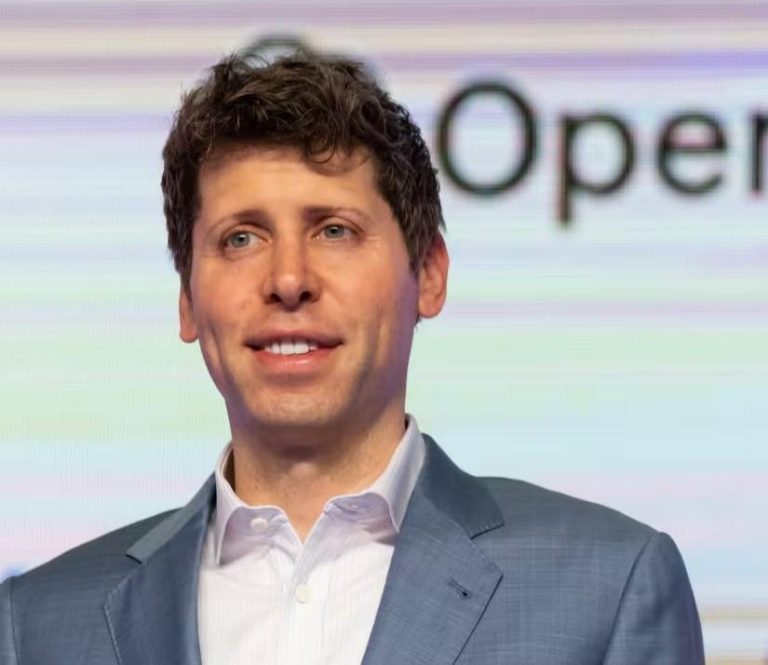
Startup Founder claims he’s looking for job & no one is answering, says ‘I’m just floating’
In the world of entrepreneurship, failure is an inevitable part of the journey. Many startups face the harsh reality of shutting down, and it’s not uncommon for founders to struggle to find a new role after their venture has failed. However, a recent story has highlighted the peculiar struggle of a failed startup founder, who claims that despite his best efforts, no one is returning his calls or answering his job applications.
The story goes that the founder, who wished to remain anonymous, had shut down his startup after his co-founders exited. Now, he is desperately searching for a new job, but is facing an unusual phenomenon – no one is calling him back, nor are they responding to his job applications. In a heartfelt post on social media, the founder shared his frustration and despair, stating, “I’m not asking for a CXO role…I care deeply about my work…But still, I’m stuck. Too ‘founder-y’ for structured roles, not domain-specific enough for niche roles. I’m just floating in between.”
This story has sparked a mix of emotions, with some people sympathizing with the founder’s plight, while others have criticized him for not taking responsibility for the failure of his startup. However, it’s essential to examine the underlying issues and try to understand the founder’s perspective.
The founder’s struggle can be attributed to the fact that he is a “founder-y” individual, someone who has built a company from scratch and has a unique set of skills. Founders often possess a combination of skills, including business acumen, technical expertise, and leadership qualities. However, these skills may not be directly applicable to traditional job roles, making it challenging for them to find employment.
Moreover, the founder’s domain-specific expertise may not be transferable to other industries or roles. This can make it difficult for him to find a niche role that leverages his skills and experience. It’s a Catch-22 situation – founders are expected to be versatile and adaptable, but their unique skill set may not fit neatly into a predetermined job description.
The founder’s post has also highlighted the stigma associated with failure. Many people view failure as a personal failing, rather than a natural part of the entrepreneurial journey. This stigma can make it even more challenging for failed founders to find employment, as they may be perceived as “damaged goods” or individuals who are not able to succeed in a traditional job setting.
In today’s fast-paced and competitive job market, it’s essential for job seekers to stand out from the crowd. Founders, in particular, face a unique challenge, as their skills and experience may not be easily quantifiable. However, this doesn’t mean that they are without value. In fact, many companies are actively seeking out founders and entrepreneurs, recognizing the unique skills and perspectives they bring to the table.
So, what can failed founders do to increase their chances of finding employment? Firstly, they should focus on building a strong personal brand, highlighting their skills, experience, and achievements. They should also network extensively, attending industry events and conferences, and connecting with people on social media.
Secondly, they should be open to exploring different job roles and industries, recognizing that their skills may be applicable to a wider range of roles than they initially thought. They should also be willing to take on a non-traditional role, such as a consultant or freelancer, which can provide them with the flexibility and autonomy they desire.
Finally, failed founders should not be afraid to seek out mentorship and guidance. There are many resources available, including entrepreneurship organizations, incubators, and accelerators, which can provide them with support and guidance as they navigate the job market.
In conclusion, the story of the failed startup founder who is struggling to find employment is a poignant reminder of the challenges that entrepreneurs face. While it’s essential to acknowledge the stigma associated with failure, it’s also crucial to recognize the unique skills and perspective that founders bring to the table. By building a strong personal brand, networking extensively, and being open to different job roles and industries, failed founders can increase their chances of finding employment and starting a new chapter in their careers.



